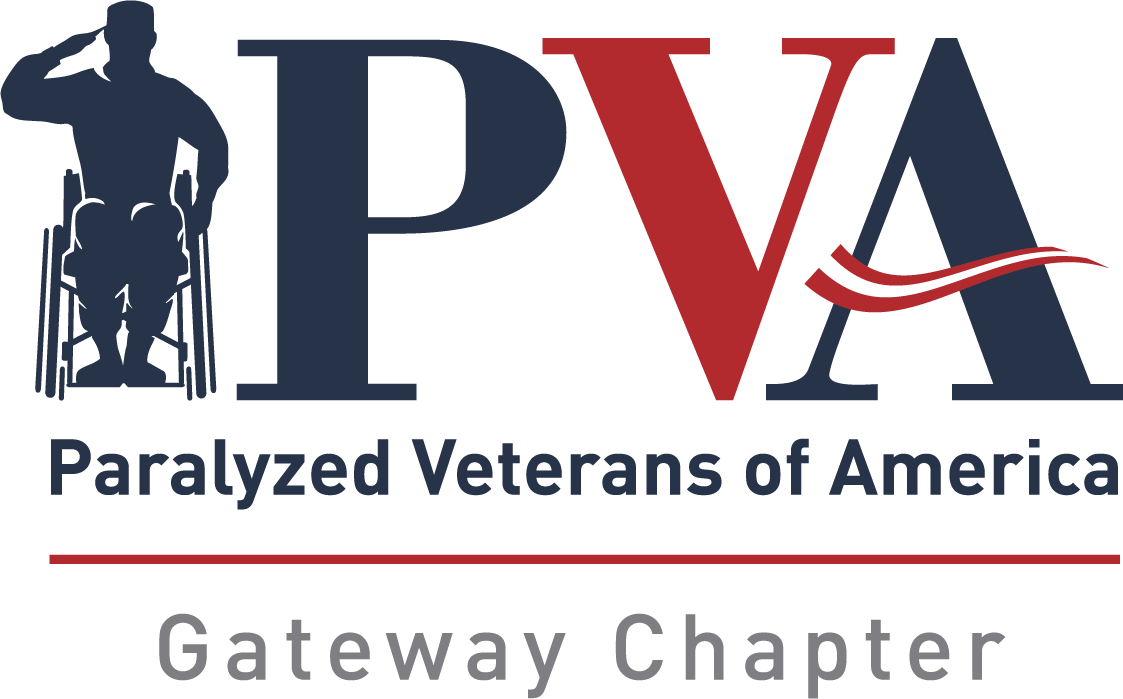I have encountered many veterans that do not fully understand the difference between monthly compensation and pension. Therefore, I believe it is a good idea to shed some much needed light on the ways a veteran may be eligible based on their time spent in the military. First I will explain what service connection means and then discuss the four different categories by which a veteran can be service connected (38 CFR §3.304, 3.306, 3.307, 3.310).
A veteran that is injured or contracts a disease while on active duty, may be eligible for a tax-free monthly com-pensation benefit from the Department of Veteran’s Affairs. VA Compensation is quite similar to workers' com-pensation in that monetary benefits and/or medical care is provided to workers who are injured or become ill as a direct result of their job.
The first is called direct service connection. This means that the veteran’s injuries are directly related to his or her military service. For example, the veteran worked on an airfield where there were loud noises and now ex-periences ringing in his ears. A claim could be filed for Tinnitus due to the exposure to loud noises.
The next category is a pre-existing injury or condition that was aggravated while in the military. This is when a veteran had a medical issue prior to military service, but then something occurred while on active duty that made the pre-existing condition worse. For example, veteran has psoriasis prior to entering the military, but then is exposed to some chemicals that made the psoriasis worse than it ever would have been on its own. A service connection claim could be filed for aggravation a pre-existing injury or condition.
The third category is presumptive service connection. This is when a veteran suffers from certain conditions or diseases that are presumed to be service connected. For example, any veteran that was in Vietnam and exposed to Agent Orange and now has a diagnosis of Parkinson's disease, could file for a presumed service connection.
The last category is secondary service connection. This is when one service connected disability causes another disability. The second disability does not need to be directly related to military service, but would not have oc-curred without the first service connected disability. For an example, a veteran that is service connected for Type II Diabetes may experience kidney failure or peripheral neuropathy. Both of these conditions could then be filed as a secondary service connection to the Type II Diabetes.
When filing any of these service connection claims, it is always necessary to have adequate medical documenta-tion to file along with the claim. Likewise, an ideal piece of evidence for any claim is a nexus letter from a physi-cian confirming diagnosis or providing a link to the issue or disease to military service.
The next topic is the VA Pension (38 CFR §3.3). The first requirement for a veteran to qualify for the VA Im-proved Pension is to have served for at least 90 days on active duty, with at least (1) day during a wartime period. Serving during a wartime period does require the veteran to have physically been involved in the battle. For vet-erans that enlisted into the military after September 7, 1980, they must have served at least 24 months with at least (1) day during a wartime period. Other criteria requires that the veteran have limited or no income, 65 or older, or if under age 65, be permanently and totally disabled but not as a result of willful misconduct.
The income requirement set by Congress dictates that the annual income requirement for a single veteran must not exceed $13,166. The annual income requirement for a veteran with one dependent is $17,241. A veteran that cannot perform their activities of daily living (i.e. Eating, Bathing, Toileting) may be eligible for a Special Monthly Pension. And so, a veteran without dependents cannot exceed $21,962 annually and a veteran with one dependent cannot exceed $26,036 annually.
If a veteran’s income does exceed the threshold, the veteran can submit what is called unreimbursed medical expenses. The VA will then subtract the amount of the unreimbursed medical expenses from the veteran’s monthly income. As a rule, the VA will assess those unreimbursed medical expenses that exceed 5% of the maximum annual VA pension payment rate. Hospital expenses, prescription/non-prescription drug costs, and medical insurance premiums are just a few of the many items that can be submitted as unreimbursed medical expenses.
As always, seek the assistance of a highly trained veteran service officer for any questions and/or assistance when there is a need to file a compensation or pension claim.
